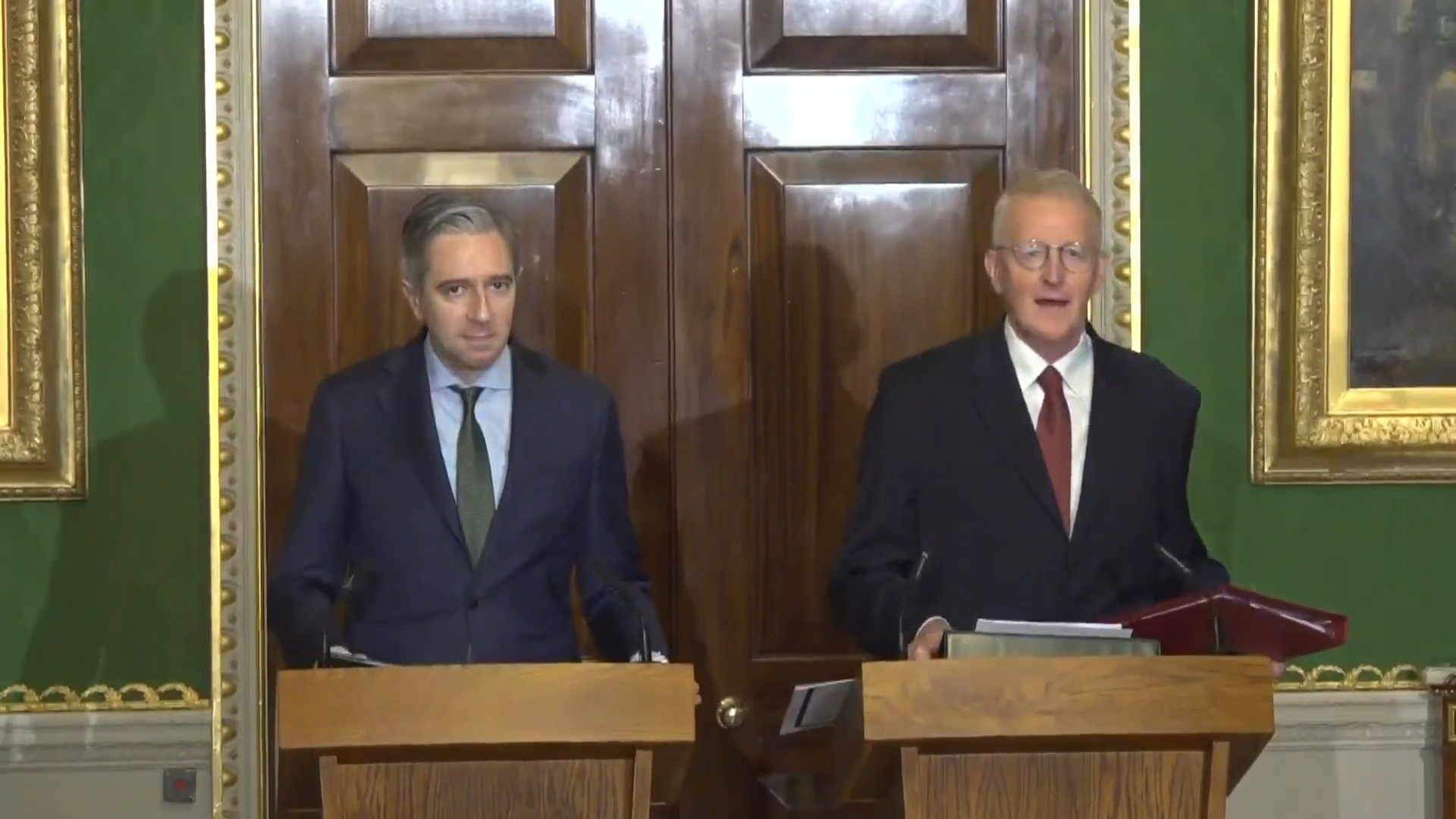By Joel Julien
Copyright trinidadexpress

ExxonMobil Corporation plans to pursue fossil fuel growth long into the future to meet demand which it expects will “not materially change” between now and 2050, according to the president of its upstream division, Dan Ammann.
Speaking Thursday at BloombergNEF’s “Barrel of Tomorrow in the Age of AI” summit in Houston, Ammann said ExxonMobil is not focused on “chasing the narrative of the week” but will instead invest in oil and gas projects it expects to be needed for decades.
The company also plans to double its liquefied natural gas sales by 2030 and is making significant investments in oil production in Guyana and the Permian Basin.
On August 12, ExxonMobil and T&T Deepwater Ltd. signed a Production Sharing Contract (PSC) for Block TTUD-1 at the Diplomatic Centre in Port of Spain.
Energy Minister Dr Roodal Moonilal has met twice with ExxonMobil officials this month.
At a meeting held on September 3, Moonilal received an update from Dr Bram Willemsen, the Trinidad and Tobago operations manager for ExxonMobil.
“At this meeting Dr Willemsen outlined that Block TTUD-1 operations projected for the next six months remained on track. Among the operations identified were applications for permits and the geological and geophysical work which are required in preparation for conducting a seismic survey which is scheduled for the start of second quarter 2026. Dr Willemsen also committed to accelerating the timeline for the execution of the minimum work commitment for the project,” the energy ministry stated.
At another meeting held on September 9, Moonilal met with president of ExxonMobil Trinidad and Tobago Deepwater Ltd Paul Riley and ExxonMobil’s senior business development advisor for Exploration and New Ventures Dr Gboyega Ayeni.
Local content opportunities
“At this meeting, the ExxonMobil officials provided further updates on the plans for conducting the necessary seismic surveys, and opportunities for local content participation to support these operations. The officials also indicated that ExxonMobil aims to share expertise and collaborate with the Ministry of Energy and Energy Industries to advance mutual objectives and to support the regulatory processes and capacity for deep-water operations,” it stated.
Moonilal said he welcomed the updates and outlined the Government’s vision for local participation, drawing on Trinidad and Tobago’s decades of experience in the energy sector.
“The minister also emphasised the importance of the establishment of meaningful partnerships for the advancement of the regional energy sector. Both parties remain committed to the development of the block and to maintaining open and constructive lines of communication,” the energy ministry stated.
ExxonMobil has estimated that it could invest up to US$21.7 billion ($147 billion) in Trinidad and Tobago over the coming years if hydrocarbons are discovered offshore, following its return to the country after more than two decades.
It is estimated ExxonMobil will spend approximately US$42.5 million during the mandatory first phase of the project, with total development costs potentially ranging between US$16.4 billion and US$21.7 billion if exploration proves successful.
Earlier this week ExxonMobil Guyana announced that it and its contractors have spent about US$2.9 billion with Guyanese businesses since starting operations in 2015.
In addition, the oil and gas company said US$419 million has been spent in the first half of this year directly doing business with 1,800 local vendors and that the figures reinforce the company’s dedication to local content development through significant investments in local businesses, workforce training, and community-development initiatives.
The company said as of mid-2025, more than 6,200 Guyanese have been employed by ExxonMobil Guyana and its contractors, accounting for 70% of the workforce, with one in three employees being women.
It said 1,800 Guyanese are currently working offshore.
“We are proud of the progress we’ve made in building local talent. Seeing more Guyanese take on key roles in the oil-and-gas industry is a clear sign that our commitment to capacity building is working,” ExxonMobil Guyana said in a statement, quoting its president, Alistair Routledge.



